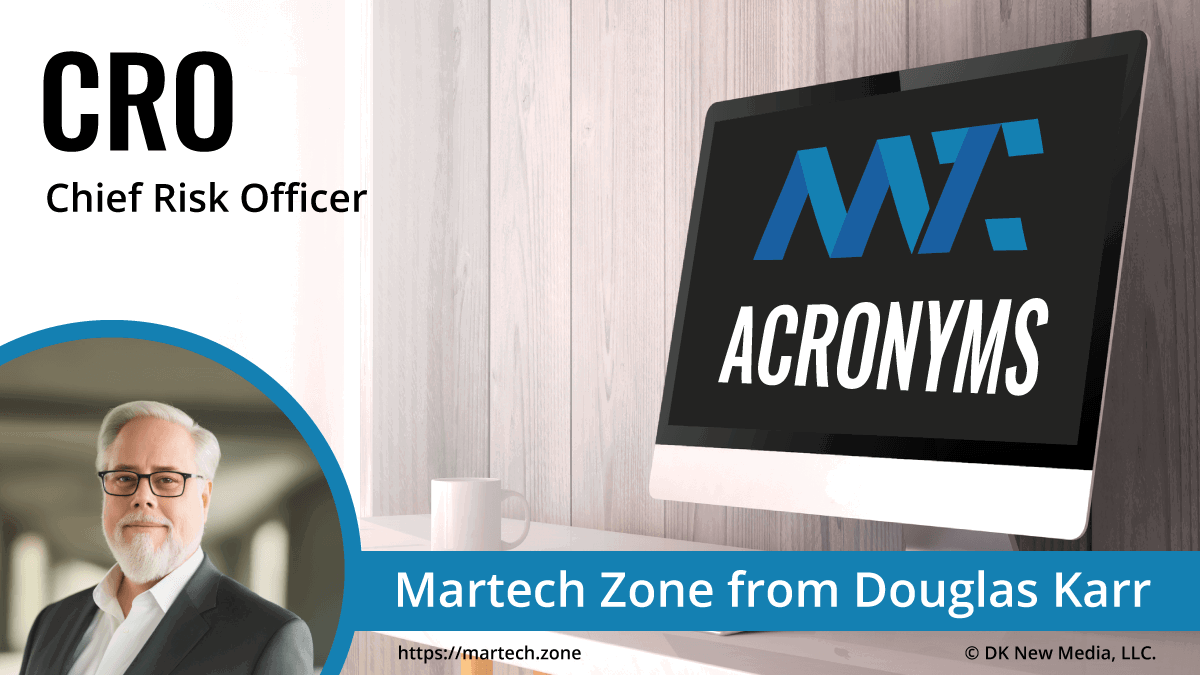The CRO is a senior-level executive responsible for identifying, assessing, and mitigating potential risks affecting an organization’s operations, financial stability, and reputation. They play a crucial role in developing and implementing comprehensive risk management strategies. CRO responsibilities include:
- Risk Identification & Assessment: Identify and analyze potential risks across all organizational areas, including operational, financial, legal, regulatory, and reputational risks.
- Risk Mitigation & Control: Develop and implement strategies to mitigate identified risks, including establishing risk policies, procedures, and controls.
- Risk Monitoring & Reporting: Continuously monitor risk levels, track key risk indicators, and report on risk exposures to the executive team and board of directors.
- Compliance & Governance: Ensure compliance with relevant regulations and industry standards and promote a strong organizational risk culture.
- Crisis Management: Develop and implement crisis management plans to address potential disruptions and minimize their impact.
- Risk Awareness & Training: Educate employees about risk management principles and best practices and foster a risk-aware culture.
CRO Skills & Qualifications
- Strong understanding of risk management principles and frameworks.
- Proven experience in identifying, assessing, and mitigating risks.
- Excellent analytical and problem-solving skills.
- Strong communication, interpersonal, and presentation skills.
- Knowledge of relevant regulations and industry standards.
- Ability to work effectively with cross-functional teams.
The CRO plays a vital role in protecting the organization from potential threats and ensuring its long-term stability and success. By effectively managing risk, the CRO helps to safeguard the company’s assets, reputation, and stakeholders’ interests.
